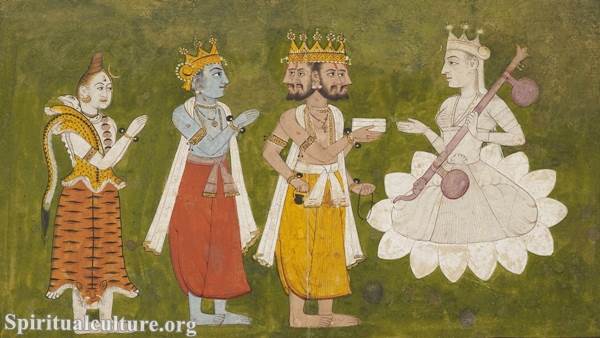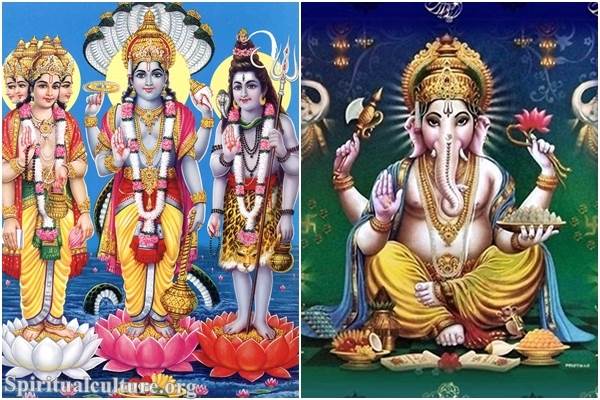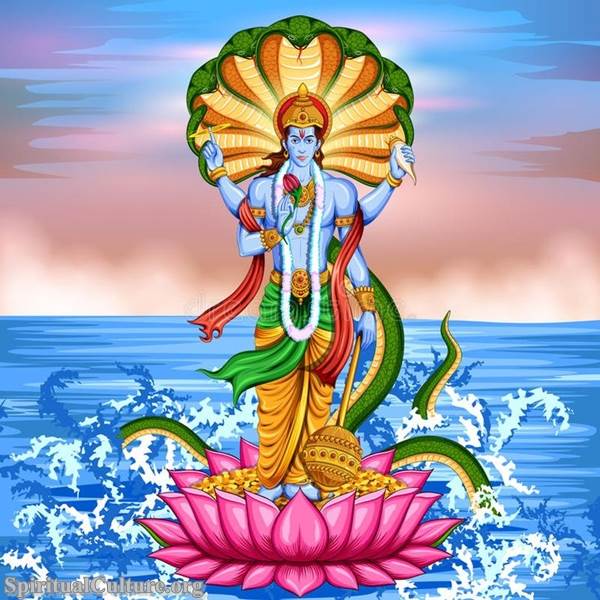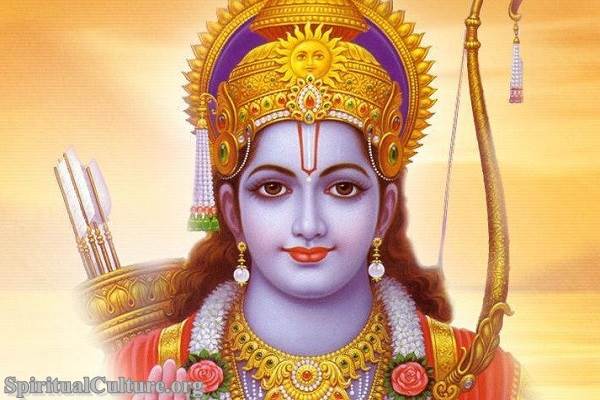Hinduism is a complex religion that has evolved over thousands of years, making it difficult to trace its exact origin. However, it is believed to have its roots in the Vedic culture of ancient India, which was based on the worship of nature and the practice of rituals and sacrifices.
The Vedas, which are considered the oldest Hindu scriptures, were likely composed between 1500 BCE and 500 BCE and describe the worship of various gods such as Indra, Agni, and Soma.

Over time, Hinduism absorbed and integrated various ideas and practices from other cultures, such as Buddhism and Jainism. It also developed into a more philosophical religion with the composition of the Upanishads, which discuss the nature of reality, the concept of Atman (soul), and the path to liberation (moksha).
One of the key texts in Hinduism is the Bhagavad Gita, which is a part of the ancient Indian epic, the Mahabharata. The Gita is a conversation between Lord Krishna and Prince Arjuna on the battlefield of Kurukshetra and discusses the nature of duty, action, and the path to liberation.
In conclusion, Hinduism started as a collection of diverse beliefs, rituals, and practices that evolved over time and were shaped by various cultural, philosophical, and religious influences.



